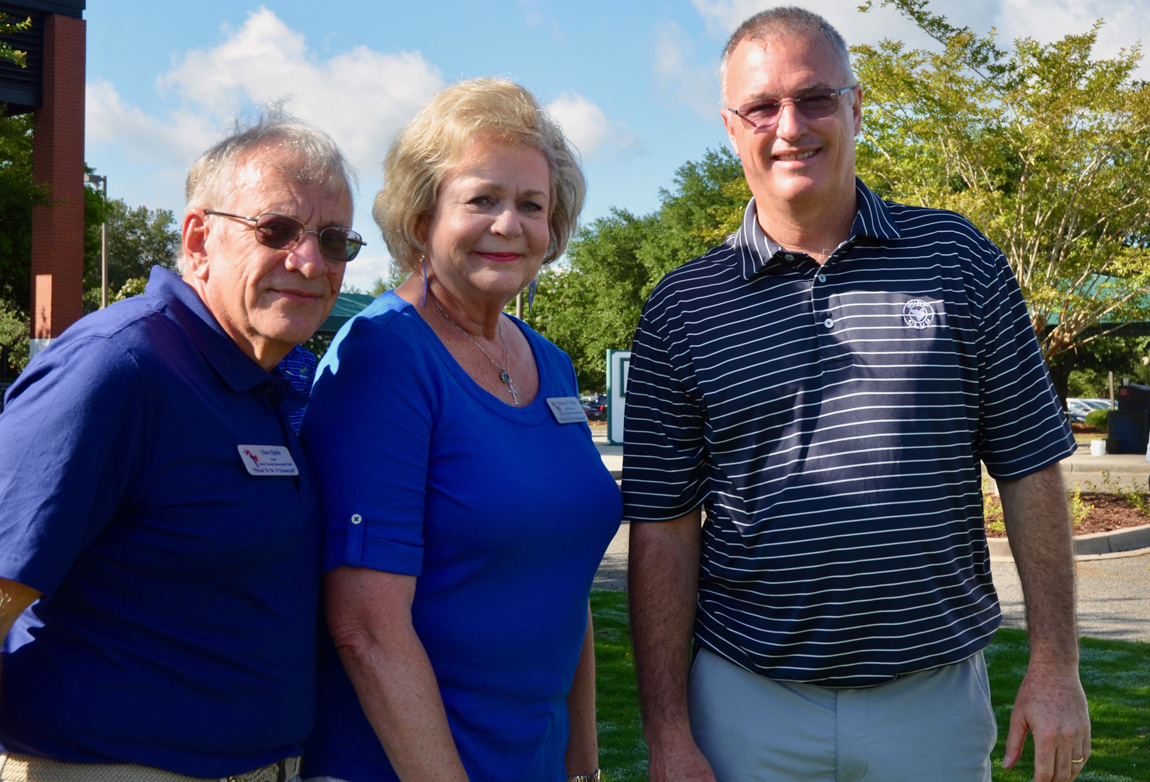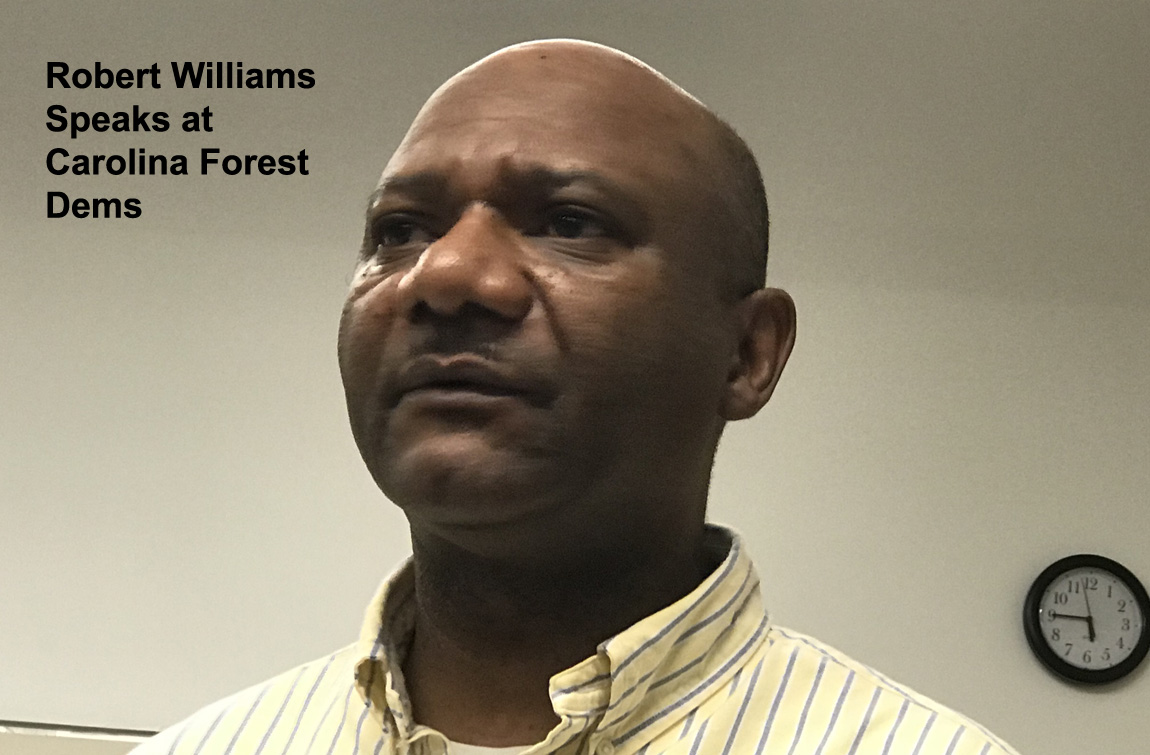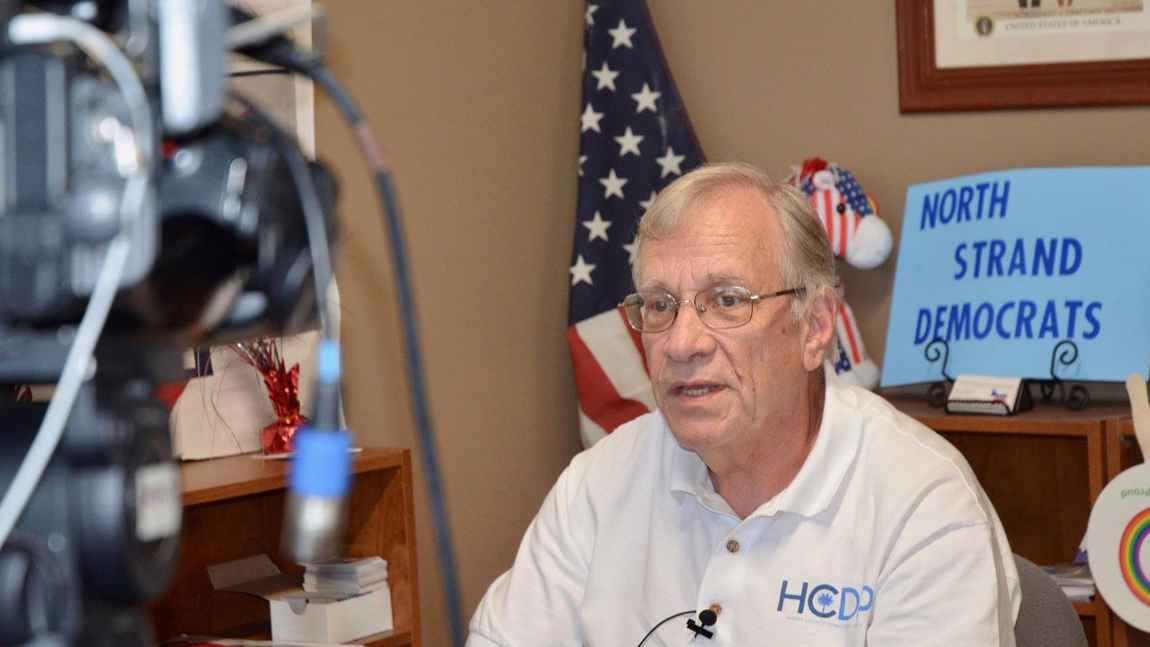Fourteen bills related to abortion – from total bans to first-trimester bans with exceptions to a proposed constitutional amendment – are moving through the South Carolina General Assembly in the current session.
House Bill 349 calls for a constitutional ballot question that says the state “shall not deny or interfere with an individual’s reproductive freedom in the most intimate decisions,” allowing a limited right to abortion, but it also grants the state legislature the authority to regulate abortion.
“The bills would have to be specific about what they (the legislature) can regulate,” said Vicki Ringer, director of public affairs for Planned Parenthood of South Atlantic – South Carolina. “What does that mean? It could create a ban without calling it a ban.”
Another bill (H.3490) states that abortion would be a criminal act during any trimester if the sole reason for the abortion is that the unborn child has a fetal anomaly – a profound and irremediable congenital or chromosomal anomaly that would be incompatible with sustaining life after birth.
Ringer said that every poll, no matter which group conducts it, shows that “people in South Carolina by a huge margin oppose total abortion bans.” They differ on when it is acceptable, but even if they oppose abortion, “they don’t believe government should be involved.”
State Sen. Brad Hutto, Senate minority leader who represents District 40, has again sponsored a bill (S.29) that would codify the standards of Roe v. Wade, allowing abortions up until the time of viability. Hutto says, “As a state legislator, I am on the frontlines of the fight for reproductive freedom. I will continue to make this a reality. The Reproductive Health Rights Act is a bold commitment to improving the health and lives of South Carolinians.”
His bill would repeal existing restrictions on abortion care and affirm the rights to contraception, in vitro fertilization, sex education, and all other forms of reproductive health care. “Full access to reproductive health care is essential for the health, education, economic security, and equality of all South Carolinians,” he said.
Ringer added, “We know what the people want – stay out of our private business. Let us make our own medical decisions.”
Hutto urged anyone “passionate about reproductive freedom” to contact their senator to ask for their support.






